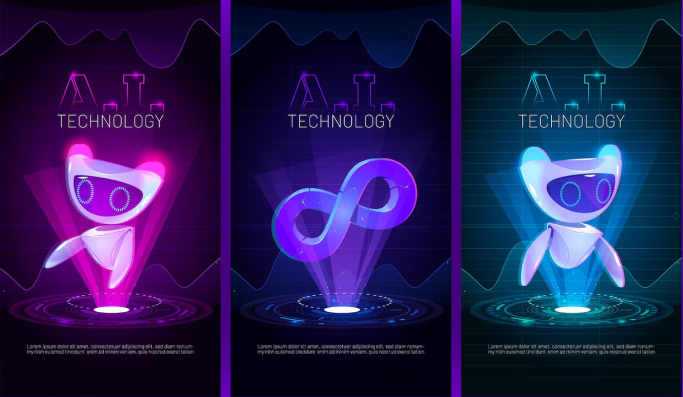

While digital technologies have been revolutionizing the world through advances like The Internet of Things, Virtual Reality, Augmented Reality, Artificial Intelligence, Machine Learning, and Robotics, the logistics industry has remained largely outdated and inefficient, seeing little to no improvements to their traditional methodology and operations, even with all of this incredible technology available to them.
But, first of all, let's take a look at another incredible solution to many of the problems currently faced by the logistics industry, electronic CMR, before diving into the world of blockchain.

Logistics is still thought of as a paper-and-pen industry. Documentation for the regulation of road freight transport, known as CMR (Contract for the International Carriage of Goods by Road), has recently adopted a new form: electronic CMR.
These documents are required to contain the following information:E-CMR's are available the moment a transaction has been completed. Currently, paper based CMR's need to be sent to shipping parties by the transport companies. This takes a lot of time and (FTE) effort for the shipping parties that need to make sure all CMR's are received.
Less disputesInformation provided by paper based CMR's is not always clear. Whether notes are illegible or damage information is separately provided and incomplete, the result is disputes between selling/buying partners and transport companies. E-CMR information provides clear, digital information with GPS and a date/time stamp, so no misunderstandings with regard to responsibilities can occur.
10 technology trends that will shape the world in 2024
React vs React Native: Which One to Choose and Why?
Anthropic AI Leads Industry with Breakthrough Model